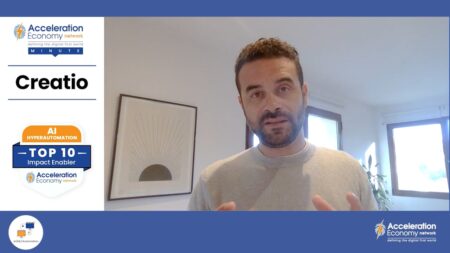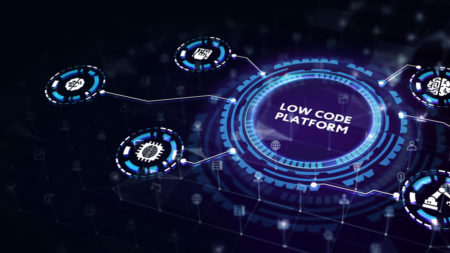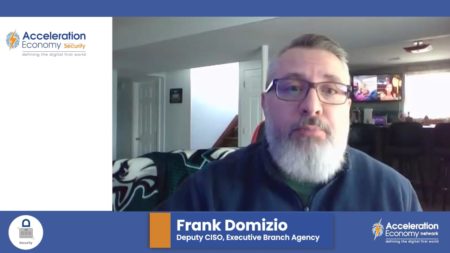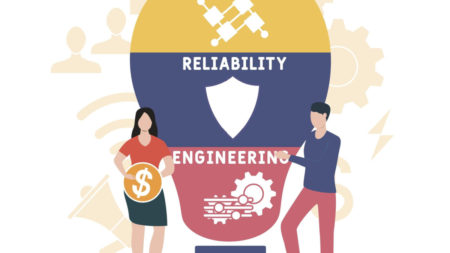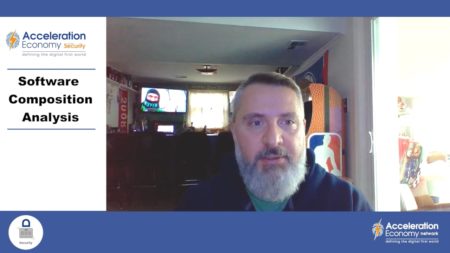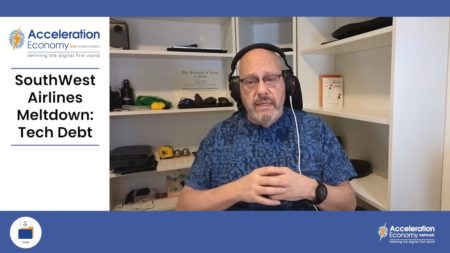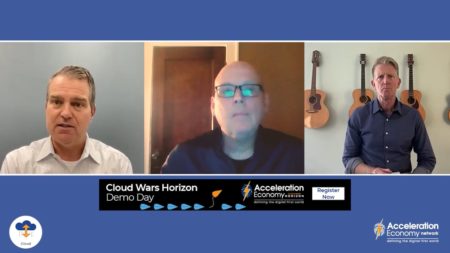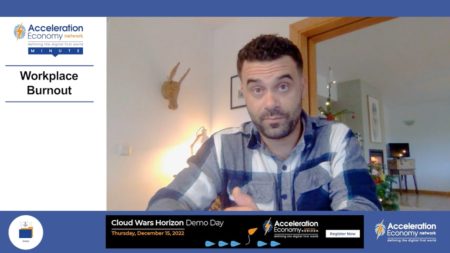GitGuardian, a Cybersecurity Top 10 Shortlist company, offers a secrets detection platform that ensures source-code security for the DevSecOps era.
software development
The partnership enables both business and non-technical users to deploy applications over automated workflows and CRMs using Creatio’s no-code technology.
The future of software development is evolving to become more low-code, says Bill Doerrfeld, who explains with practical use cases that illustrate the benefits.
Software bills of materials are important because they serve as standardized artifacts in developmental processes, as well as for security and compliance.
Frank Domizio explains how citizen developers add value to an organization but suggests that they need access to the right support in order to succeed.
In this Cloud Wars Minute, Bob Evans discusses his CEO Outlook interview with ServiceNow chief executive Bill McDermott.
Contextual analysis makes Application Security (AppSec) more efficient by identifying the most exploitable vulnerabilities, CISO Chris Hughes says.
The company’s CEO Bill McDermott explains how the process is “lightning fast, extraordinarily low cost, and integrates with all the big departmental needs.”
High user expectations for positive end-to-end digital experiences drive the need for site reliability engineering, analyst Bill Doerrfeld says.
Digital transformation has brought on a new level of cybersecurity concerns around applications, and those need and those concerns warrant CEO focus, Tony Uphoff says.
Low-code/no-code platforms begot citizen developers and their innovative solutions, but a lack of formal training brings risks that must be managed.
John Siefert, Chris Hughes, Frank Domizio, and Rob Wood explain why applying software composition analysis (SCA) early in the development cycle makes it easier to address security issues when they arise.
Software composition analysis tools are valuable assets to secure systems and protect organizations, says Frank Domizio, but they will also directly benefit software developers.
Interoperability enables services, platforms, and technologies to mesh together, which benefits customers. Kieron Allen discusses why this notion will emerge in the business ecosystem.
Wayne Sadin continues his discussion on the recent Southwest Airline meltdown and how it demonstrates the perils of ignoring regular maintenance of a company’s systems.
The capabilities of Snyk for automatic discovery & remediation have positioned it to shift security left. However, vendor solutions only go so far.
Tony Uphoff and Tom Smith connect with Ross Meyercord, the new CEO of Propel Software, to get his thinking on customers and 2023 priorities.
In ep. 17, Kieron reviews Bill Doerrfeld’s recent report on workplace burnout among software development and cybersecurity teams.
In episode 9, Kieron explains why we still need coders to help tailor and customize low-code/no-code apps to meet customer needs.
Bob explains how the two companies sped up application development with SAP’s Business Technology Platform (BTP).


